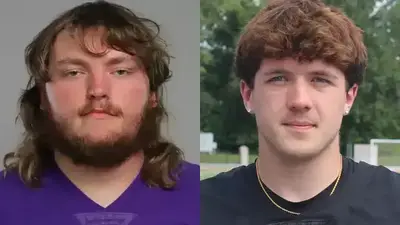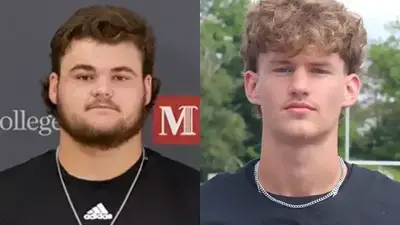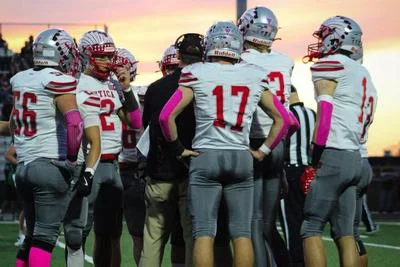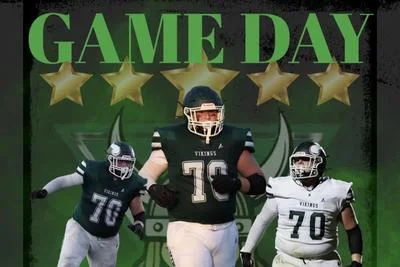Let’s talk March Madness.
Arguably the most exciting time of the year in college basketball is upon us. March Madness. Everything about it has a name. Selection Sunday is March 13, the First Four is March 15-16; First Round is March 17-18; Second Round is March 19-20; Sweet 16 is March 24-25; Elite Eight is March 26-27; Final Four is April 2 and in “April Madness,” the NCAA championship game is April 4. It is the round robin, win-or-go-home tournament that decides the Division I college basketball champion.
The first NCAA Division 1 men’s championship was played in 1939. There were eight teams, and Oregon won it over Ohio State. The field grew to 16 teams in 1951, doubled to 32 teams in 1975 and became 64 schools in 1985. Since 2011, there have been 68 teams in the mix, with first-four games added. Some 304 different schools have played in the tourney since 1985.
The term “March Madness” was first used by an Illinois high school official in 1939, but it became associated with the tourney in 1982 from a Brent Musberger reference. In the early days, the NIT (National Invitational Tournament) was as big or bigger, but that is now relegated to non-invitees of the NCAA dance.
Who gets to play in the tournament? Currently, 32 teams gain automatic entry through winning their conferences' championships. The remaining teams rely on the selection committee to award them an at-large bid in the tournament. Back in the day, a major school often got in by virtue of its name, to fill out the brackets after conference winners, pre-tournament tournament winners and Top-20 schools were seeded. Today, the committee will look at record, strength of schedule and quality of wins and losses, among other factors, to rank the field of teams, from 1 to 68, that includes conference winners and tournament winners.
Who plays whom, when and where is a thing … they are called brackets. When the bracket winners play each other and at what venue is a big deal, too, though I always felt that the best team or the hottest team, or the best matching-up team will win and has to play the other winners anyway.
Bracketology is a thing. The term, first used in 1996 by the Philadelphia Inquirer, is the activity of predicting the participants and outcomes of the games in a sports tournament, especially the NCAA college basketball tournament.
People fill out those brackets … boy, do they. It is estimated that more than 100 million brackets are filled out every year. How much is bet on the tournament? The NCAA says illegal wagers total more than $2.5 billion a year. The American Gaming Association puts legal and illegal gambling on the NCAA championship at $9 billion.
Do you want to win? Historically, a seemingly secure bet is the No.1 seed in the first round. Only one No. 16 seed has ever beaten a No.1. In 2018, the University of Maryland, Baltimore County Retrievers upset No.1 Virginia 74-54, to end a 135-0 run by No. 1s – now at 138-1.
The most common upsets – if you are picking brackets this year – are No. 10 over No. 7, a 40% upset rate; No. 11 over No. 6 at 37.5%; No. 12 over No. 5 at 35.4%; and No. 13 over No. 4 at 21.5%. Six percent of the time, a No. 15 beats a No. 2, and every year there are a good 10-16 upsets and an average of about 12.
Have fun and fill out your brackets. No one has ever publicly recorded a perfect bracket sheet of 67 games. Greg Nigl, a Columbus, Ohio, neuropsychologist, came closest in 2019, when he predicted 49 games in a row before his pick, No.2 Tennessee, lost to No. 3-seed Purdue in overtime.
Will you be the first? Fill out your brackets and don’t forget to include an upset or two. And consider picking an animal mascot as your winner. Bruins, Wildcats, Huskies and Jayhawks are slightly ahead of Tar Heels, Blue Devils and Hoosiers when it comes to championships.
Speaking of mascots and nicknames, a few weeks ago, we ran a column on team nicknames. I want to give a shout out to reader Brad Haynes of Coshocton. He offered that “down the road (from where he lives) are the Crooksville Ceramics. Not a very intimidating name … and the same goes with the Philo Electrics.”
Haynes went on to offer, “In 2009, I was involved with building a summer collegiate baseball team in Victoria, Texas. We wanted to call them the Secrets but didn’t want to take on Les Wexner. The next season, we put a team up the road in Weimar. I wanted to call them the Raners … no takers.” Well done, Brad.
Do you have a favorite nickname or a secret way to choose your brackets? Be like Brad Haynes and let me know at mike.blake@mountvernonnews.com
See you next time.







